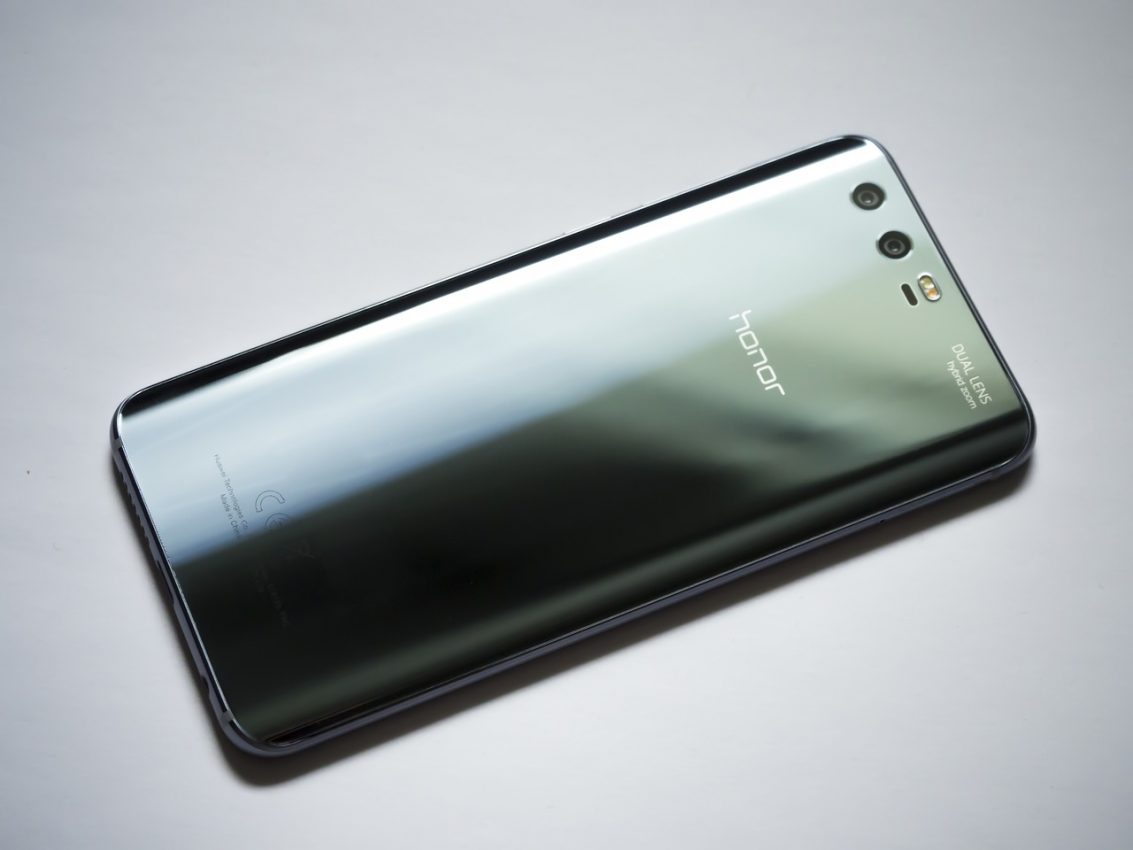
Chinese tech giant Huawei has decided to sell off its Honor smartphone brand to a consortium of buyers for an undisclosed amount.
A consortium of buyers, including over 30 Chinese agents and dealers, have acquired the Honor budget smartphone business from Huawei. The company and the consortium said the deal was made to help save the brand's supply chain and protect its consumers and sellers.
Why sell Honor?
One of the reasons that forced Huawei to sell its budget smartphone business is US restrictions that prevented the Chinese firm from accessing vital technology needed in manufacturing smartphones, including chipsets and software, as well as 5G telecommunications equipment.
The most recent sanction requires global semiconductor firms that use US software and machinery to obtain a license from the US government first before they can supply to Huawei.
In a statement, Huawei said: "As the world grapples with Covid-19, global supply chain was put under intense pressure and its production and operations saw increasing difficulties."
It added that it will "do its best to find solutions, to survive … and to fulfill its obligations to customers and suppliers."
In October, the Shenzhen-based firm reported a 10% growth in revenue, generating $101 billion for the first three quarters of 2020. However, this was a slower sales growth for Huawei, who posted 24% increase in revenue for the first nine months of 2019.
While the company did not disclose detailed earnings, it mentioned that its net profit margin was 8%, which was slightly lower from the 8.7% it recorded last year.
What it means for Huawei
Nicole Peng, an analyst at market research firm Canalys, pointed out that the sale of Honor would enable Huawei to free up resources that it can use to focus on its own brand of flagship smartphones.
Prior to the announcement of US restrictions, Huawei stockpiled inventory but its chief executive said at a conference in September that the company is in a "difficult situation" and "survival is the goal."
Peng explained: "Survival means they need to make sure they have enough components to have business continuity for a longer period of time." She mentioned that the move to offload Honor would give a little breathing room to Huawei's smartphone unit.
"It definitely will be much less burden on their shoulders. They only have a limited supply of components. At least those can [now] be preserved for the higher end Huawei brand," she added.
In a statement, Huawei indicated that it will not hold any shares or be involved in any business management or decision-making activities in the new Honor company. Peng said that this means "Honor should be able to source their own components ... [and] sign their own contracts."
Meanwhile, IDC analyst Will Wong argued that Huawei's "future and outlook is still very uncertain." He said: "So they need to focus on what they have, and the best thing they have are the high-end models."
Wong pointed out that improved focus on flagship phones would help Huawei "maintain their high-end brand image and also generate more revenue."
However, the loss of the Honor business would affect the company's total smartphone sales. In the past two years, the budget brand comprises between 25% and 29% of Huawei's total smartphone shipments.
The loss of Honor will give its South Korean rival Samsung the opportunity to regain the top spot in terms of global smartphone sales.






